This kosher Enoki Mushrooms Recipe uses an ingredient also known as flammulina velutipes, enokitake, golden needle mushroom, or (my personal favorite) the velvet shank mushroom. When you are looking for a fun fungus to add to your recipes that call for mushrooms, give the enoki mushroom a try. Enoki mushrooms are kosher, gluten free, soy free, dairy, free, vegan, and pareve.
Jump to:
- What do Enoki Mushrooms taste like raw?
- What do Enoki Mushrooms taste like cooked?
- Health Benefits of Enoki Mushrooms
- Enokitaki Mushrooms in Nature
- Cultivated Enokitaki Mushrooms
- Other Recipes With Enoki Mushrooms
- How to Cook An Easy Enoki Mushrooms Recipe
- Enoki Mushrooms FAQ
- Serving Suggestions
- 📖 Recipe
- Serving Suggestions
- More Mushroom Recipes
- 💬 Comments
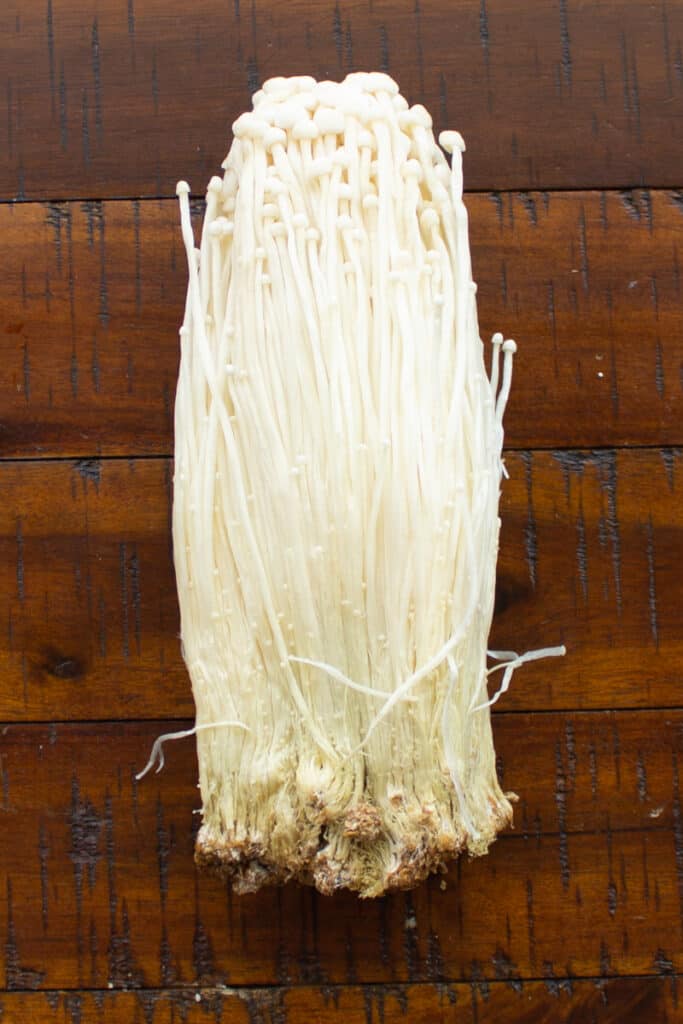
What do Enoki Mushrooms taste like raw?
It is not recommended to eat Enoki raw as the flavor is bitter and earthy. They have a crunchy texture that is not pleasant. Enoki Mushrooms are not usually eaten raw, they are usually cooked and eaten in Japanese soups and stews.
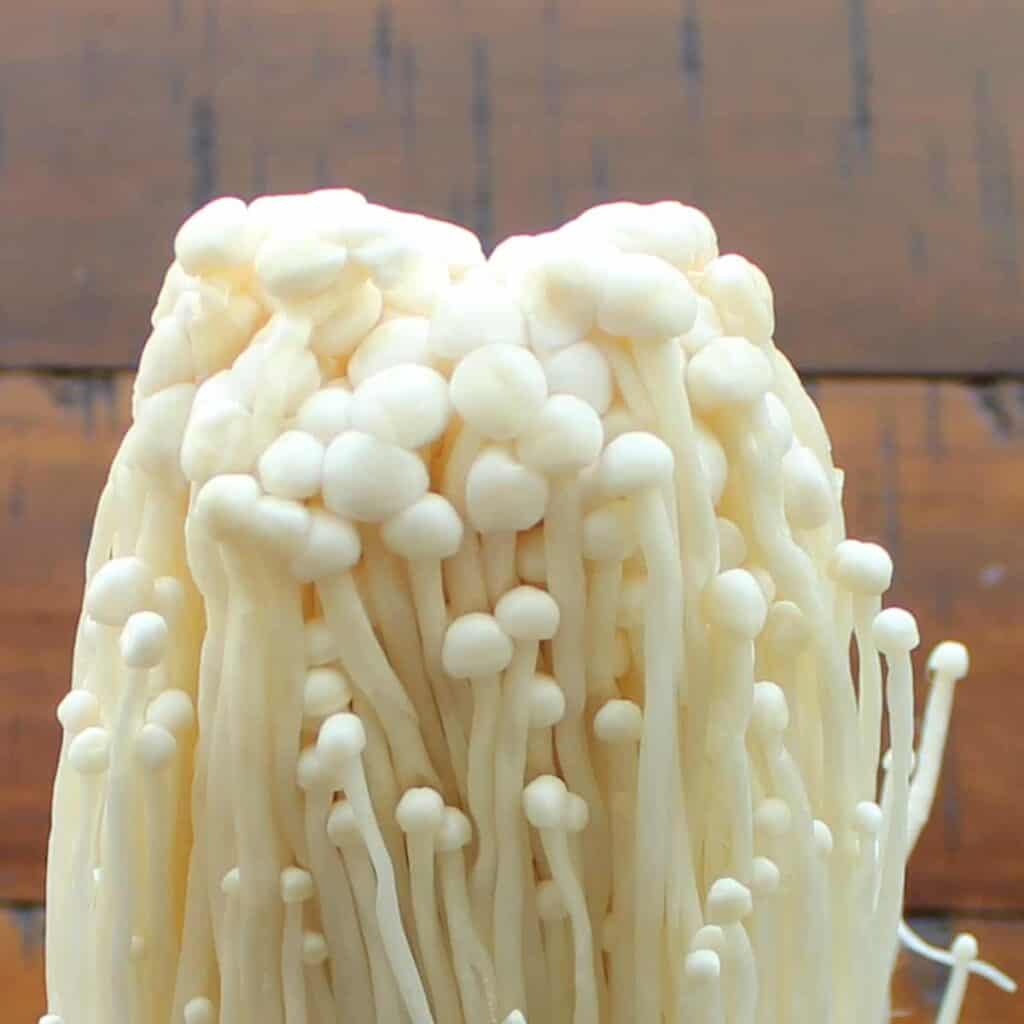
What do Enoki Mushrooms taste like cooked?
When cooked, Enoki Mushrooms have a clean and mild slightly sweet flavor. They tend to take on a lot of the flavor of what they are cooked in. The texture of cooked Enokitaki Mushrooms is like al dente pasta.
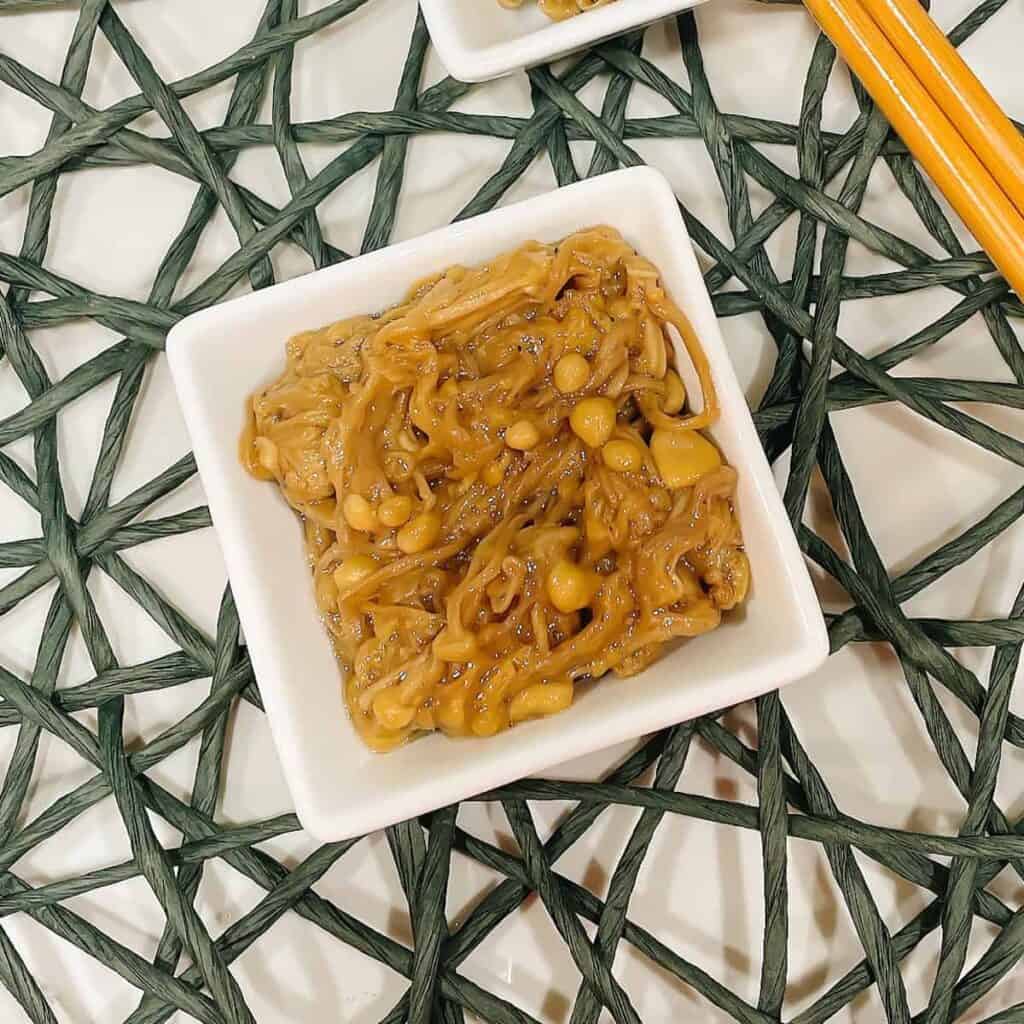
Health Benefits of Enoki Mushrooms
While most people would not qualify the Enoki Mushroom as a superfood, it is not far off. Enoki have a high concentration of:
- Niacin which is used to control cholesterol.
- Thiamin which regulates nerve cells.
- Panthothenic Acid, which is also known as Vitamin B5, which helps to regulate the metabolism of fatty acids.
- Other necessary minerals and nutrients such as Copper, Folate, Phosphorous, and Riboflavin.
Enokitaki Mushrooms in Nature
In the wild, Enoki Mushrooms are found on old damp tree stumps and are sourced from September to March. (For this reason they are sometimes called the "winter mushroom"). The Enoki Mushroom feeds off the remains of trees like the Chinese Hackberry, persimmon, ash, and mulberry.
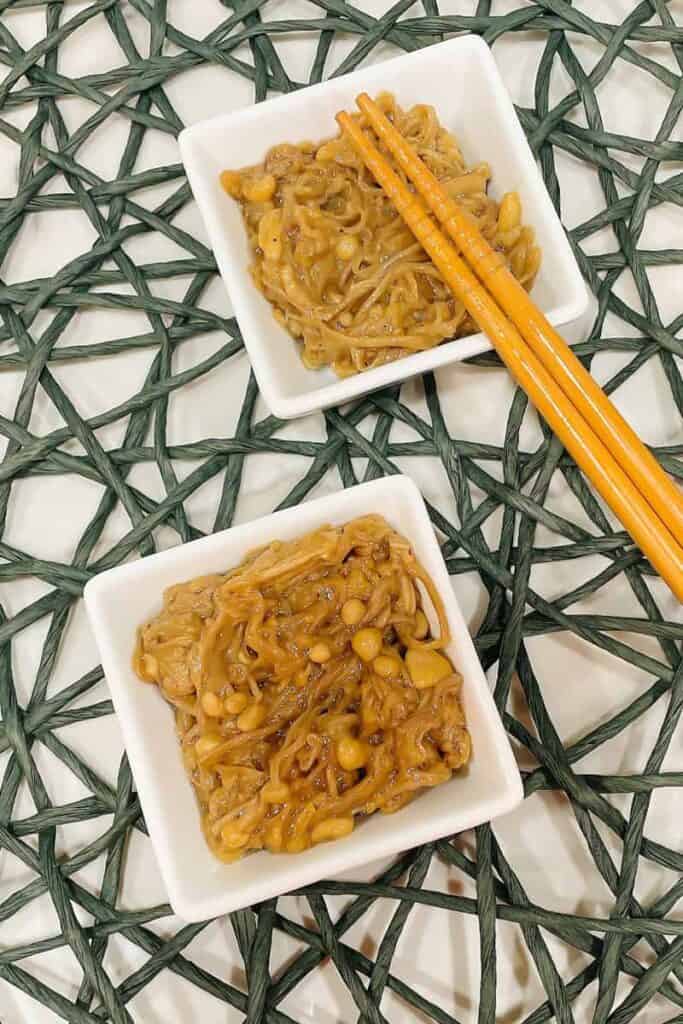
When they are found in nature, the Enokitake Mushroom is exposed to sunlight which causes it to have a brown color and shorter, stubbier strands. Wild Enoki Mushrooms are too tough rubbery to eat.
Cultivated Enokitaki Mushrooms
When cultivated in a controlled environment, Enokitaki Mushrooms are grown in an artificially CO2 rich environment without exposure to light. Because of this, they have a whiter color and longer, skinnier strands. The Enoki Mushrooms that we find in the grocery store are cultivated and come from mushroom farms. These are the mushrooms used in soups and stews.
Other Recipes With Enoki Mushrooms
Here at Yay Kosher we love using mushrooms in our recipes. For most of our recipe posts that use mushrooms we don't recommend just one kind of mushroom to use. Try using Enoki Mushrooms in:
How to Cook An Easy Enoki Mushrooms Recipe
Step 1 - Trim the Enokitaki Mushrooms
Grab the top of the mushroom bunch with one hand, cut off the bottom with a kitchen shears or clean scissors. By cutting off the bottom, you are removing the part that keeps the mushroom strands attached. This allows them to cook evenly.
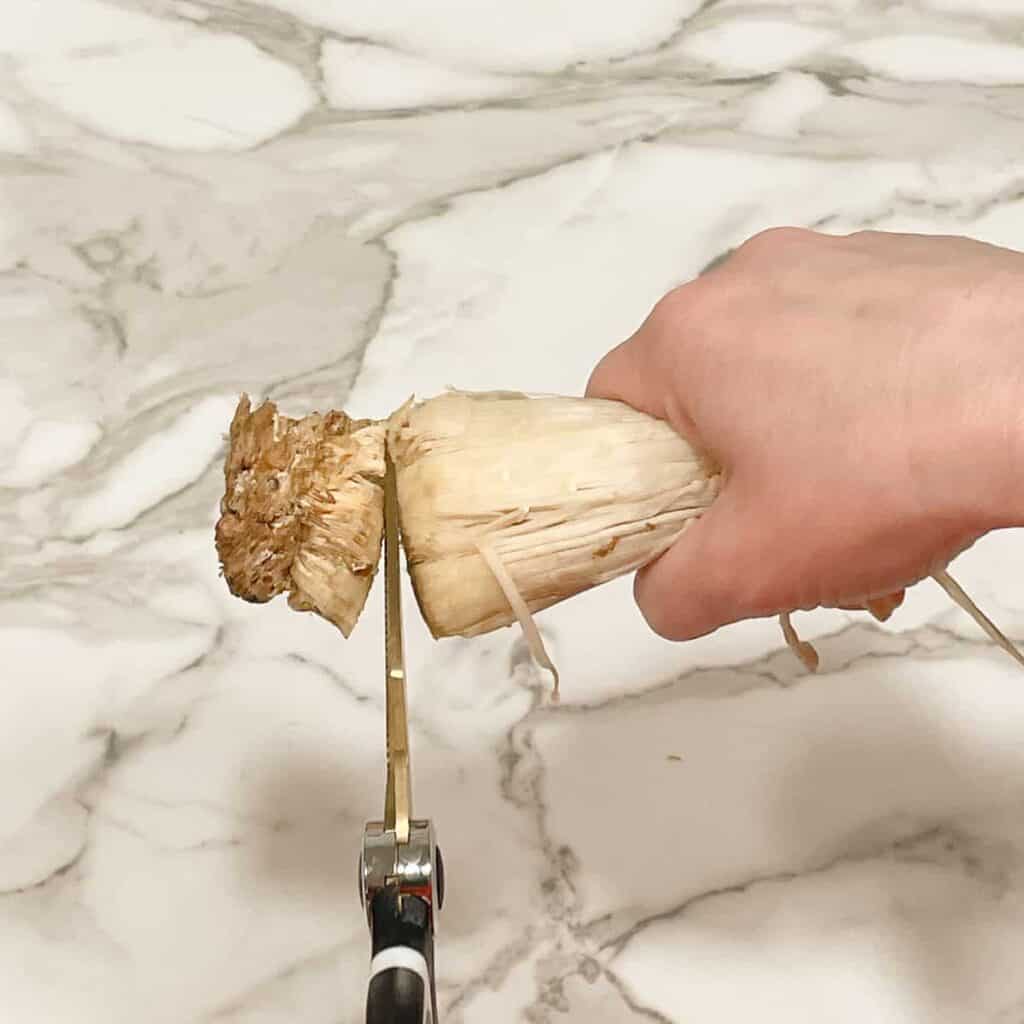
Step 2 - Saute the garlic.
Start by heating a heavy pan or cast iron skillet over low/medium heat to heat the oil. Mince the garlic and saute until light brown.
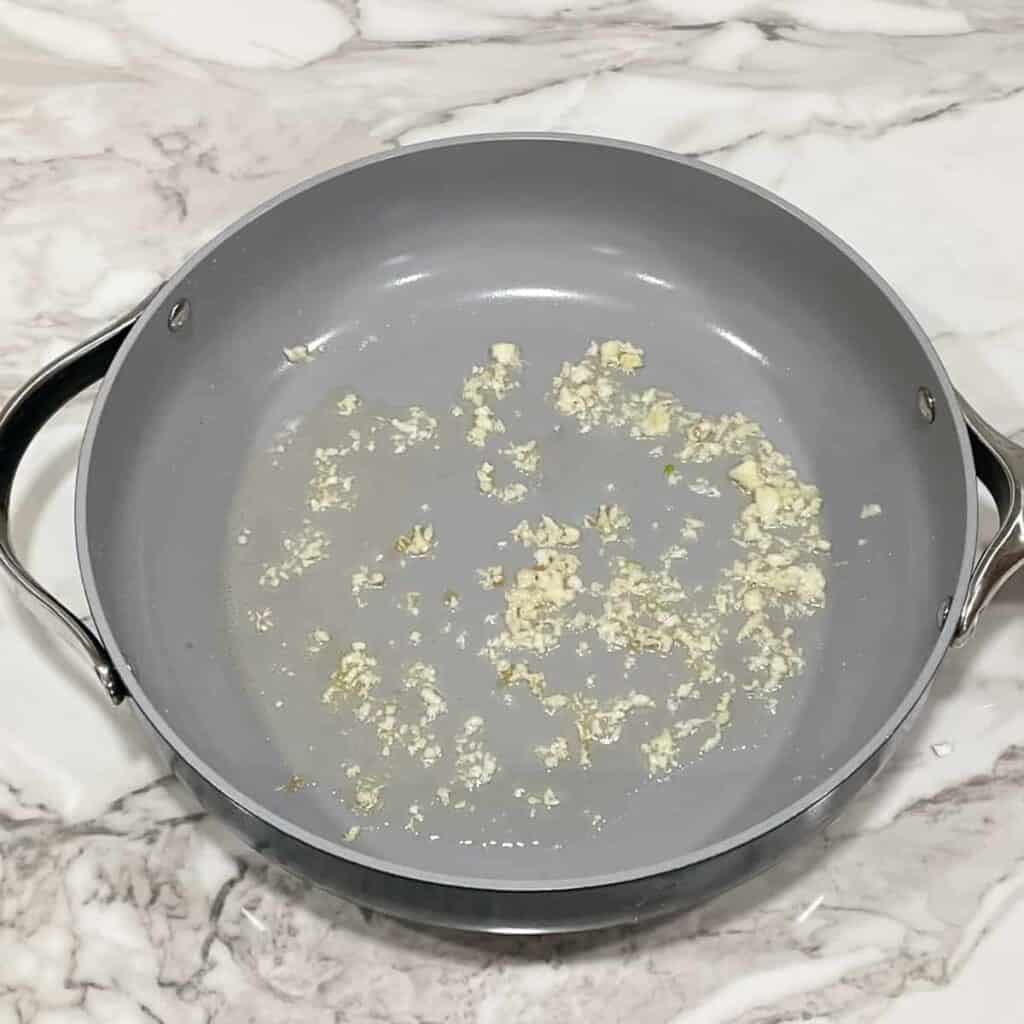
Step 3 - Add the mushrooms to the pan.
Toss the mushrooms into the pan along with the black pepper and soy sauce. Cook until tender. This should take about 5 minutes cook time. That's it. Once cooked the Enoki Mushrooms will have tons of flavor and can be eaten plain or you can use one of our serving suggestions.
Enoki Mushrooms FAQ
Enoki mushrooms are an excellent source of protein. Each serving of Enoki should contain an average of 1-2 grams of protein. Enoki Mushrooms also have other health benefits that make them a very healthy food.
Enokitake is another name for the Enoki Mushroom that is commonly used when it is an ingredient in Japanese cooking. Some popular Japanese dishes that use these mushrooms are ramen, soups, soba noodles, and stews.
A fungus is the name of an organism that lives in damp dark areas. The mushroom is the reproductive structure of the fungus. Mushrooms are fungi.
Mushrooms are low in carbs, calories, and fat and part of a keto diet. The best way to think about the Enoki Mushroom is that it is a keto friendly food.
Fortunately, there are tons of places to get Enoki Mushrooms. A lot of local grocery stores have started stocking them. If you cannot find them at your local grocer, many cities have specialty mushroom stores that should have them in stock. You can also order them online for delivery from a number of different companies. This should be one of the easier mushrooms to find and the Enoki Mushroom price should not be too high.
Serving Suggestions
Most kosher recipes do not use anything but button mushrooms so it is important to know how to eat Enoki Mushrooms. These mushrooms go so well in some of our other recipes and you should definitely try them. Here are varieties of ways to enjoy the Enokitake Mushrooms:
- Enoki Mushroom Pasta or Rice. A classic side dish that is made even better by experimenting with different mushrooms. You can even serve the Enoki Mushrooms over our Easy Authentic Spanish Rice.
- Steak topped with Enoki Mushrooms. A grilled steak is traditionally topped with grilled mushrooms and onions. Try using our Enoki Mushroom Recipe instead. You will have to substitute a pareve or non-dairy butter instead of real butter. When preparing the Enoki for steak, also add 1 teaspoon of Worcestershire sauce when cooking.
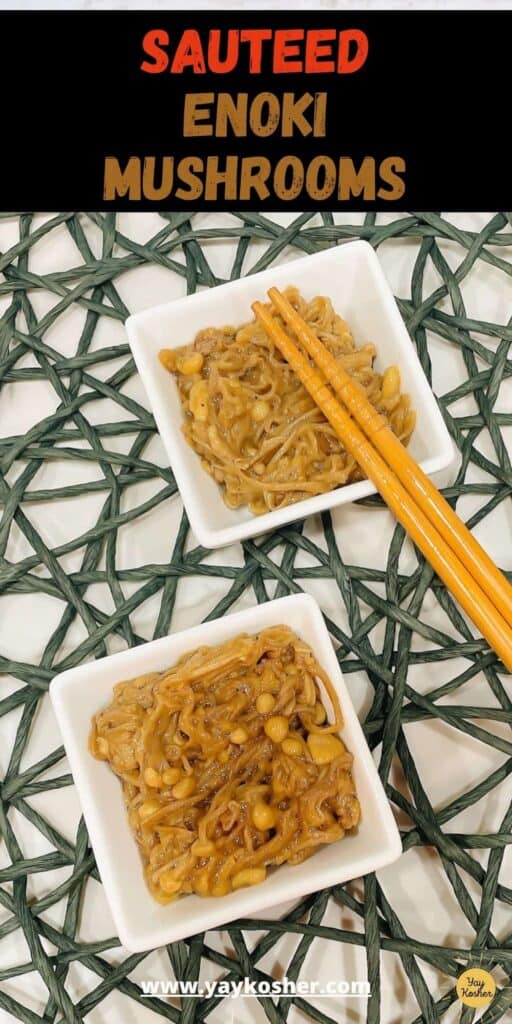
- Use Enoki instead of pasta. The Enoki Mushrooms have a pasta like texture when they are cooked. Top the mushrooms from this recipe with your favorite pasta sauce. If you are looking for suggestions, try our Easy Homemade Alfredo Sauce which is always a winner.
- Enoki Mushroom Stir Fry. Toss your favorite stir fry veggies in with the mushrooms as they cook, add and extra 1 tablespoon of soy sauce and serve over rice or pasta and garnish with green onions.
- Teriyaki Enoki Mushrooms. Substitute teriyaki sauce for soy sauce in the recipe. This substitution will make them a little bit sweeter.
📖 Recipe
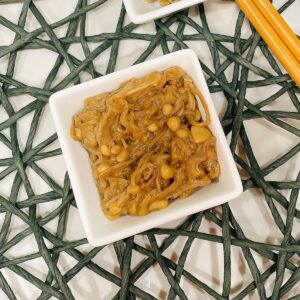
Enoki Mushrooms Recipe
Ingredients
- 7 oz enoki mushrooms
- ½ teaspoon toasted sesame oil
- ½ teaspoon olive oil
- 1 clove garlic
- 1 teaspoon soy sauce
- ¼ teaspoon freshly ground black pepper
Instructions
- Saute garlic in toasted sesame oil and olive oil over a medium/low flame.
- Cut the base off of the Enoki Mushroom and cook in the pan with the black pepper and soy sauce over low heat for 5 minutes or until tender.
- Serve warm or cold.
Notes
Serving Suggestions
Most kosher recipes do not use anything but button mushrooms so it is important to know how to eat Enoki Mushrooms. These mushrooms go so well in some of our other recipes and you should definitely try them. Here are varieties of ways to enjoy the Enokitake Mushrooms: Enoki Mushroom Pasta or Rice. A classic side dish that is made even better by experimenting with different mushrooms. You can even serve the Enoki Mushrooms over our Easy Authentic Spanish Rice. Steak topped with Enoki Mushrooms. A grilled steak is traditionally topped with grilled mushrooms and onions. Try using our Enoki Mushroom Recipe instead. You will have to substitute a pareve or non-dairy butter instead of real butter. When preparing the Enoki for steak, also add 1 teaspoon of Worcestershire sauce when cooking. Use Enoki instead of pasta. The Enoki Mushrooms have a pasta like texture when they are cooked. Top the mushrooms from this recipe with your favorite pasta sauce. If you are looking for suggestions, try our Easy Homemade Alfredo Sauce which is always a winner. Enoki Mushroom Stir Fry. Toss your favorite stir fry veggies in with the mushrooms as they cook, add and extra 1 tablespoon of soy sauce and serve over rice or pasta and garnish with green onions. Teriyaki Enoki Mushrooms. Substitute teriyaki sauce for soy sauce in the recipe. This substitution will make them a little bit sweeter.Nutrition
More Mushroom Recipes
Baby Bella Mushrooms
Amanitas Mushrooms
Abalone Mushrooms
Amsterdam Mushrooms
Albino Mushrooms
Angel Wig Mushrooms
Agarikon Mushrooms
Angels Wings Mushrooms
Badgers Mushrooms
Needle Mushrooms
Crimini Mushrooms

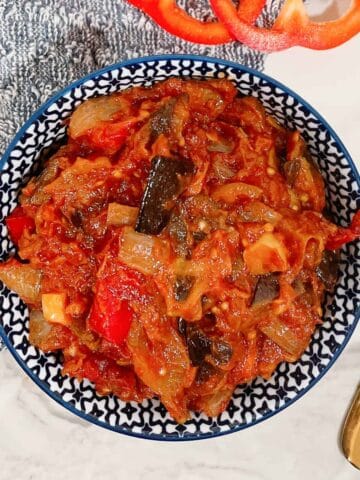
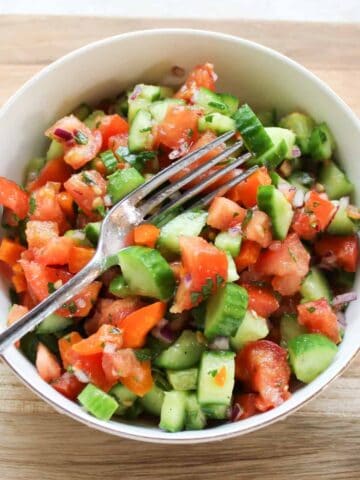

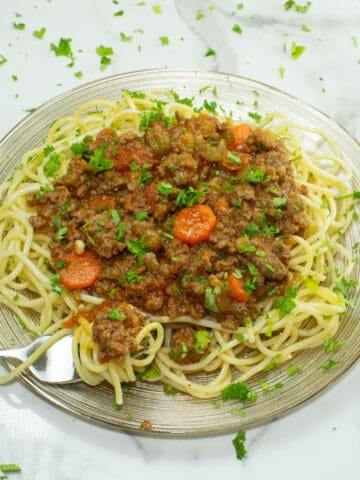
Comments
No Comments